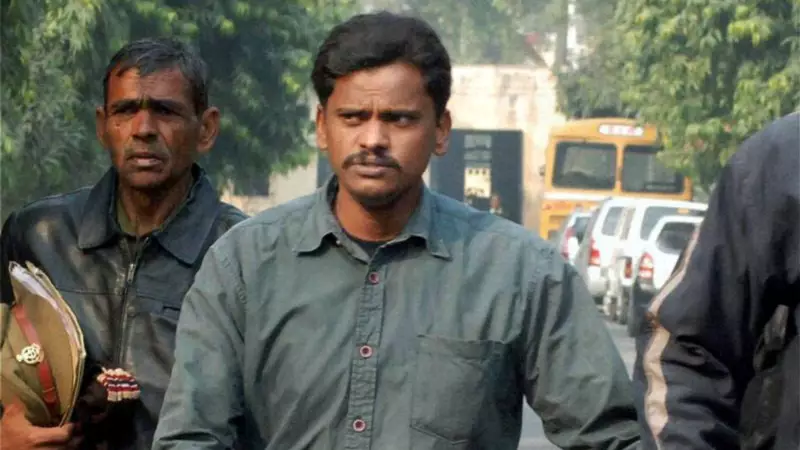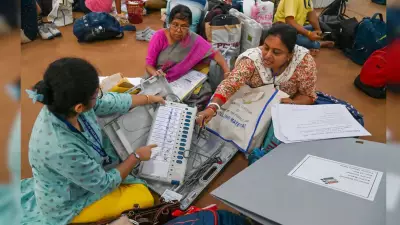
After Two Decades Behind Bars, Nithari Accused Set to Walk Free
The Supreme Court of India has acquitted Surendra Koli in the final pending case against him in the notorious Nithari serial killings, paving the way for his release after nearly two decades of imprisonment. On Tuesday, the apex court set aside his conviction in a case involving the rape and murder of a teenage girl, marking the culmination of a long legal battle that saw him previously acquitted in 12 other cases by the Allahabad High Court on October 16, 2023.
The Quiet Prisoner: Life Behind Bars
During his incarceration, particularly during his 14-year stay at Kasna jail, Koli was known as a reclusive figure who rarely interacted with fellow inmates or received visitors. Jail officials described him as someone who kept largely to himself, spending his days in repetitive cleaning activities.
"He keeps to himself... doesn't talk much to others... hardly anyone came to visit him," revealed one Kasna jail official, painting a picture of Koli's isolated existence behind bars.
Another prison staff member noted his unusual daily routine: "He keeps cleaning the cell to pass time I think. He does this repeatedly. I often spot him with a broom in his hand, cleaning the floor, without paying attention to his surroundings."
Legal Journey: From Death Sentence to Acquittal
The legal proceedings that kept Koli imprisoned for 19 years faced significant scrutiny. In 2023, the Allahabad High Court had pointed to a "botched" investigation, concerns about coerced confessions, and procedural lapses by investigating agencies, including Koli's unexplained 60-day custody.
The case dates back to December 2006 when the Nithari serial killings first came to public attention after skeletal remains of eight children were discovered from a drain behind businessman Moninder Singh Pandher's house in Noida. Koli worked as a domestic helper at Pandher's residence at the time.
Police had registered 19 FIRs against both men in connection with alleged crimes against 19 girls. Koli faced charges in 13 cases while Pandher was accused in six. Both had initially been awarded death penalties by a special CBI court in Ghaziabad for crimes including rape, murder, and destruction of evidence.
The Human Cost: Personal Tragedy and Legal Battles
Advocate Yug Chaudhry, who represented Koli in court, highlighted the immense personal toll the case took on his client and family. "He has been in custody for 19 years. He was called the cannibal of Nithari... his family had to change their name, his wife left him, his children... were too embarrassed to admit their parentage or recognize him as their father," Chaudhry told The Indian Express.
The legal advocate further revealed the extreme measures Koli faced during his imprisonment: "Koli was sentenced to death and taken to the gallows twice.... His conviction and death sentence were upheld by the trial court, the High Court, and thrice by the Supreme Court."
Chaudhry characterized the entire episode as "a miscarriage of justice of enormous proportions" that affected not just the accused but also the victims, society, and the reputation of India's criminal justice system.
Road to Freedom: Release Formalities Underway
As of Tuesday evening at 8 PM, Koli's name was notably absent from the list of 11 inmates scheduled for release, their names displayed on a pink-ruled sheet outside the prison complex. However, jail authorities indicate that he is likely to be released by Wednesday or Thursday once the necessary formalities are completed.
The release process requires the trial court handling the case to send official release documents to prison authorities. Only after receiving these release orders or bonds can jail officials permit an inmate to walk free.
Another inmate who was among the 11 released on Tuesday corroborated the description of Koli's prison behavior, noting that "He would not speak much... his only pastime was cleaning."
The Supreme Court's decision to acquit Koli came after the court observed during proceedings in October that there was no substantial evidence against him except for a statement and the recovery of a kitchen knife. This final acquittal brings closure to one of India's most controversial criminal cases that has spanned nearly two decades.





